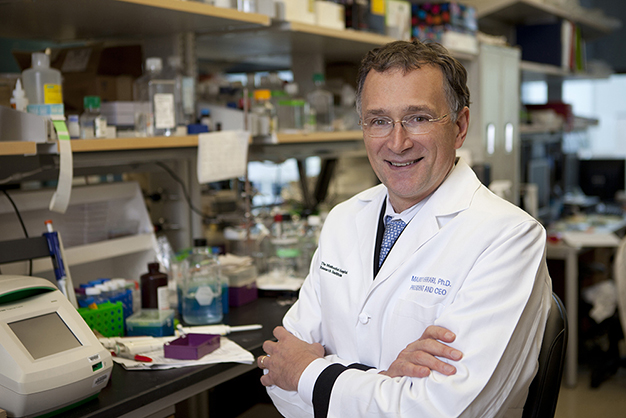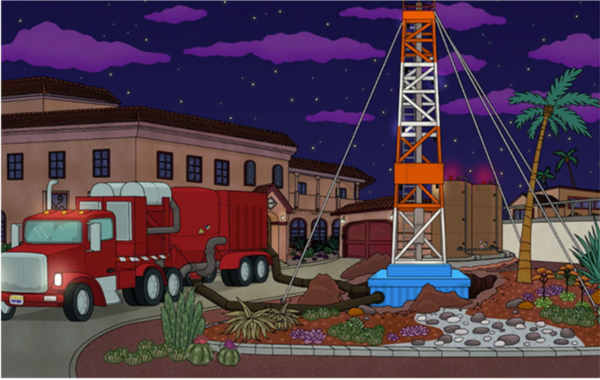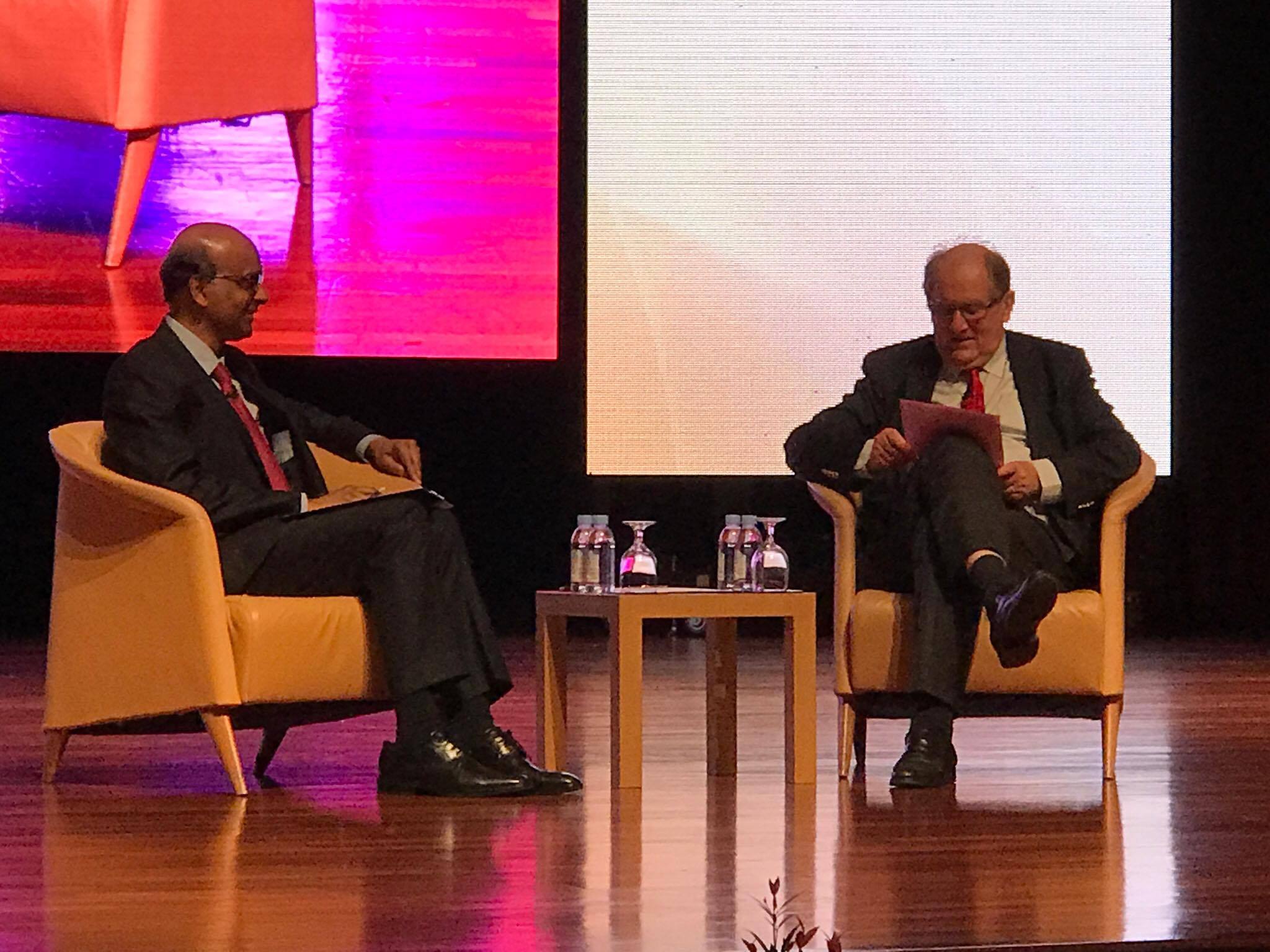With the slow but sure approach of the Digital Revolution, it can be tempting to declare Literature and the Arts dead, buried, and irrelevant in the years to come.
With the machines taking over, who can deny that sciences are more important than humanities?
Deputy Prime Minister Tharman Shamugaratnam, for one. A former poet himself, he strongly believes in the continued relevance of the humanities to spur on innovative thinking, even with continued technological development.
At the inaugural Majulah Lecture at Nanyang Technological University on Sep. 20, with 1500 guests in attendance, he said:
"If you’re spending all of your time working on high stakes examinations, you don’t have time for innovation. If you’re busy all the time, you think you have no time for your creative mind, your mind does not develop in that direction."
During the question and answer session, an audience member asked how the education system could do more to embrace the humanities as well as the sciences. He also pointed out that few of the current Cabinet Ministers had a humanities background.
 At least one Minister does though. Pic from Hardmoshi.
At least one Minister does though. Pic from Hardmoshi.
The tale of Mauro Ferrari
To answer the question, Tharman said that many top global scientists tended to have a strong upbringing in humanities and also continued to pursue their creative passions in their later careers. He cited Niels Bohr (football) and Albert Einstein (violin) as examples.
Tharman next recounted an anecdote. He'd met a very interesting Italian man recently, one Mauro Ferrari.
Ferrari grew up in a small mountain village in Northeastern Italy, and his life's ambition was to become a basketball player. He didn't make it big as a professional athlete, so he switched careers and became a jazz artist.
Unfortunately that didn't work out too, so Ferrari struck out once more, this time into the academic field.
[related_story]
Today, Ferrari is best known as the President and CEO of the Houston Methodist Research Institute, a pioneer and leader in the field of nanoscience and its applications in medicine.
As Tharman recalled, Ferrari would never give up his upbringing, because it was responsible for how his mind worked today.
"I've met so many people like that, top scientists with a deep involvement in the arts. And it's not accidental, because the science of the brain also tells us about how different parts of the brain interact, and produce creative breakthroughs."
 Pic from the University of St Thomas.
Pic from the University of St Thomas.
This also connected to another point that Tharman made in his speech earlier, about how people could create new and better jobs for themselves by developing skills that machines couldn't replicate.
Skills such as interpersonal relationships and empathy - which the humanities are good at developing.
Disciplinary fracking
Tharman advised the audience that even as one mastered their chosen discipline, they also had to retain their involvement in something outside of their primary area of work, just to maintain that creative and innovative spark.
To illustrate his point, Tharman referenced the industrial practice of hydraulic fracking, the process of drilling down into the earth before directing a high-pressure water mixture at the surrounding rock to release the natural gas trapped inside.
"In a sense you need some disciplinary fracking...where you don't just go deep, but at each stage, you also think horizontally."
 Screenshot from BoJack Horseman.
Screenshot from BoJack Horseman.
Coining a new phrase that combines both science and the arts to illustrate his point about the importance of both science and the arts. It's all in a day's work for the Poet-Minister.
Related stories:
DPM Tharman says the strong reaction to the reserved Presidency is “encouraging”
Tharman Shanmugaratnam the poet is something almost nobody knows about
Here are some totally unrelated but equally interesting stories:
Underperforming S’pore Athletics staff should take 20% pay cut, Soh Rui Yong says
Woman referred to as ‘Halimah’ at Bishan Park just because she’s Malay & wearing tudung
Top image by Sulaiman Daud.
If you like what you read, follow us on Facebook, Instagram, Twitter and Telegram to get the latest updates.


